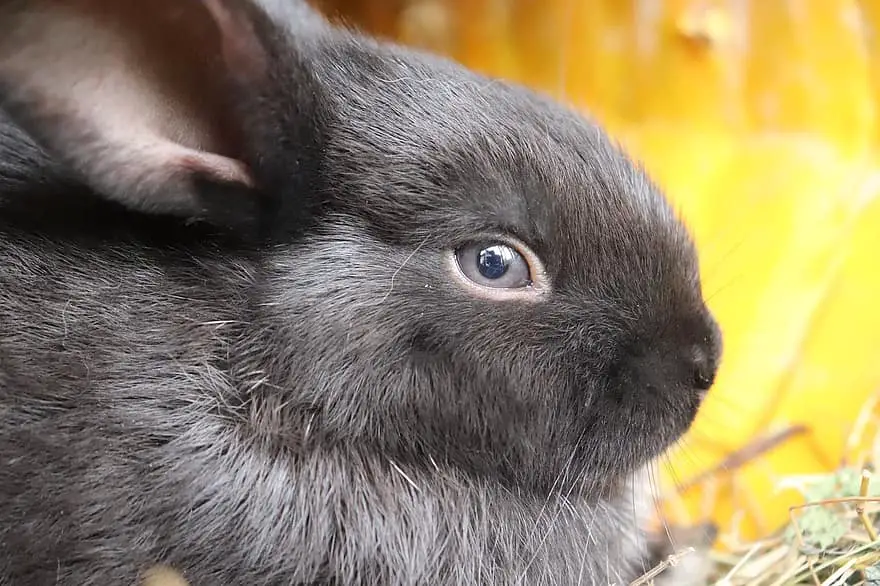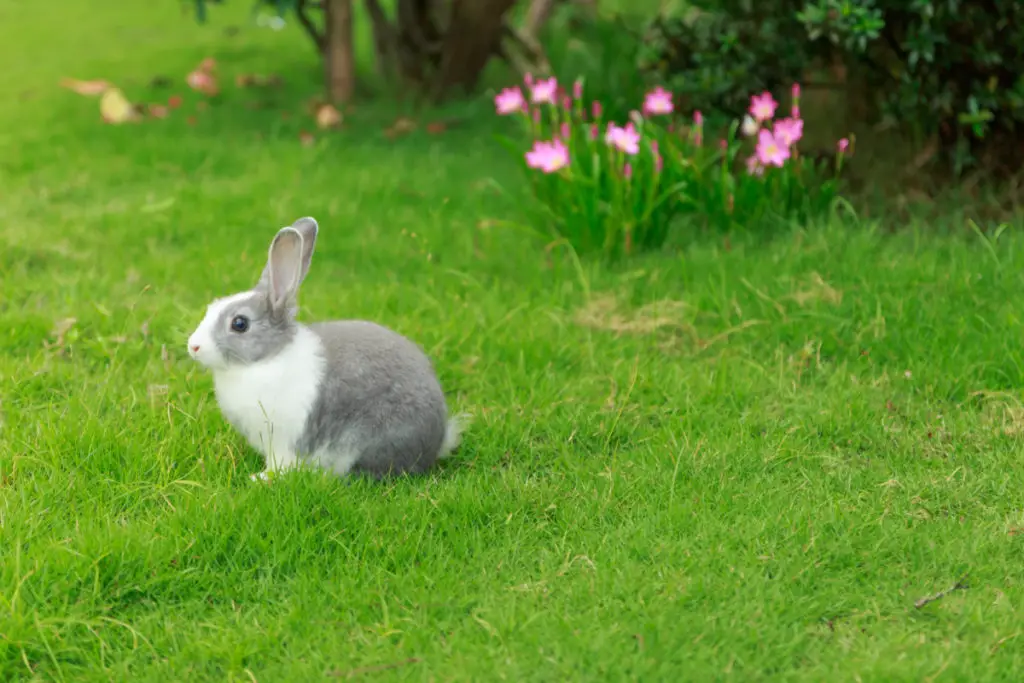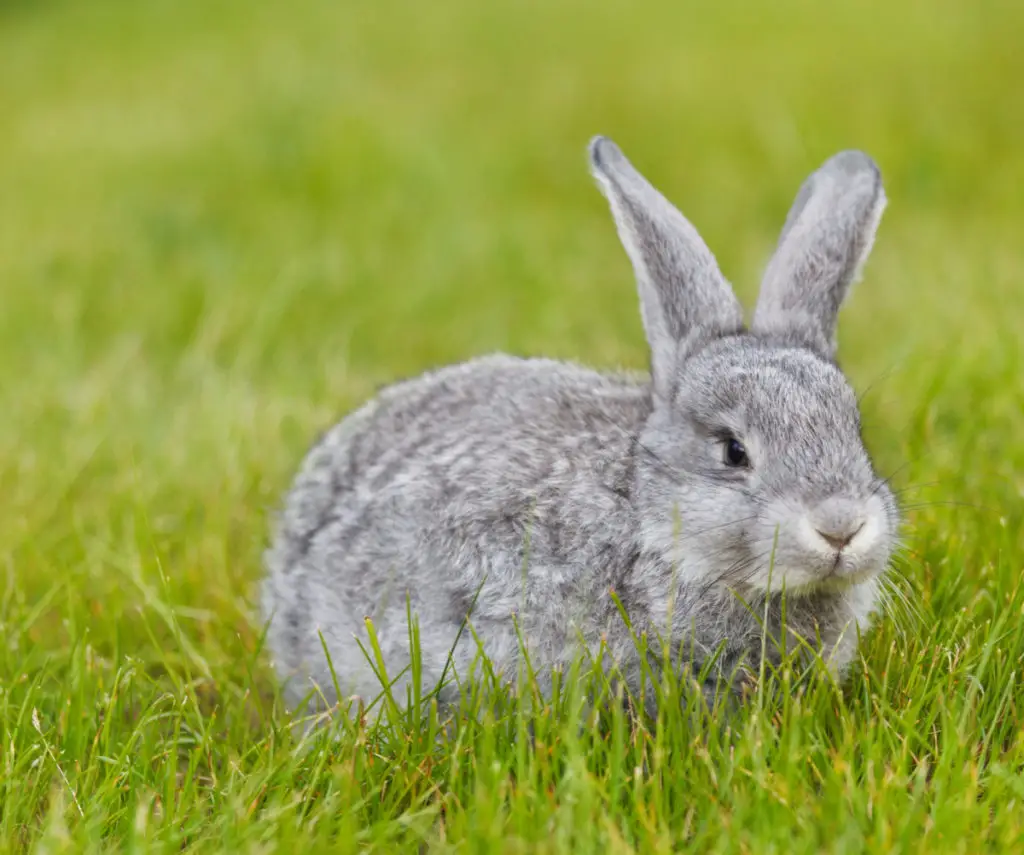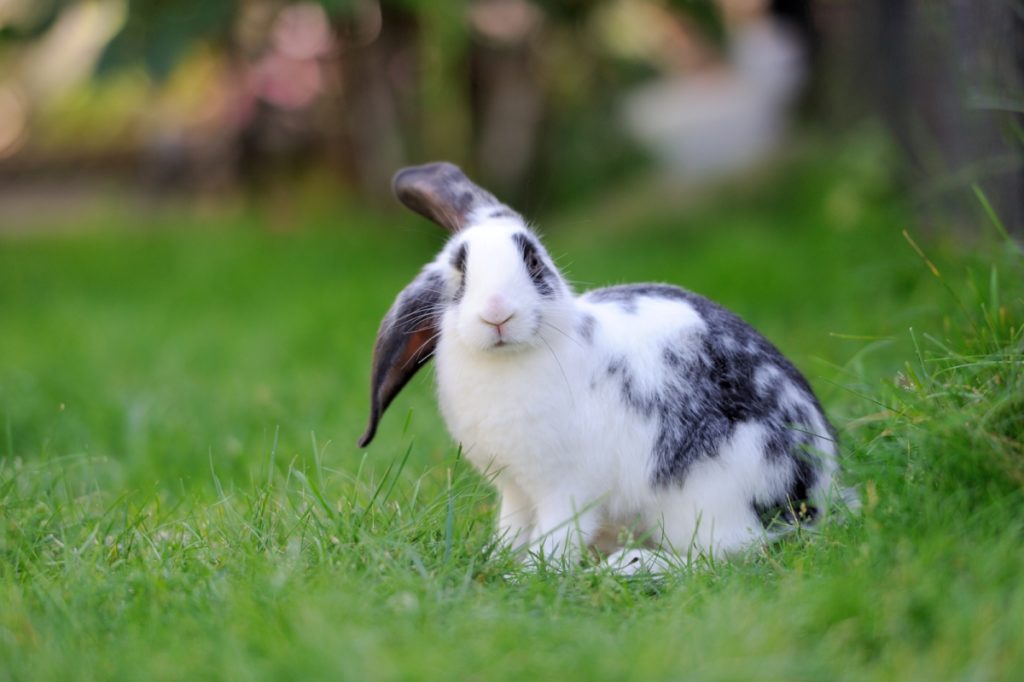Can Rabbits Get Lice? Shocking Facts You Should Know!
Are you aware that rabbits can host various kinds of parasites on their skin and fur? One may think can rabbits get lice? Well, rabbits can surely get lice.
Parasites are broadly categorized into two major types on the basis of their site of presence.

Those parasites that live on the outer part of the rabbit’s body are called ectoparasites. These include lice, ticks, mites, etc.
On the other hand, those parasites that are present within the body of animals are called endoparasites. For example, Tapeworms, liver flukes, etc.
Lice indeed fall into this classification, and if not treated immediately, it would worsen. This article will enlighten you on what to do if ever your rabbit gets lice on its body. I will share my experience with my rabbit named Thumper and how we made a lice solution.
Without any more delays, let us now begin the discussion!
Can Rabbits Get Lice? What Is A Rabbit Louse?
The first thing you need to understand is the definition of a rabbit louse in order to identify it. Well, a rabbit louse is a sucking louse but is very rare.
These parasites can be usually found at the back, which is the spine area, and on the sides of your bunny. These lice can also be hiding around the rump area, so you better check carefully.
You need to know that adult lice can be visible to the naked eye, and you can even see them moving. This parasite’s eggs are oval, attached toughly to the rabbit’s hairs, and you can also see it with your eyes.
The lifecycle of these lice takes about two to three weeks and mainly depends on the environment’s condition. You can have a hint for these lice if your rabbit has thinning on its fur, severe itching, and there are some bald patches around its body.
Mites And Lice: What’s The Difference?
You can indeed differentiate these two easily; they are two different species such that mites belong to the arachnids family (like spiders), and lice can be compared to ants.

The two kinds of lice you can see in your pets are sucking and chewing lice. The former kind is less problematic than the latter because there is a high chance of blood-borne transmission.
Mites and lice are both parasites that can cause too much itching for bunnies, so it should be treated fast without second thoughts.
What To Do If Rabbits Have Lice?
I noticed that my bunny, Thumper, is itching and scratching, which lead me to conclude that I will check his body and fur. When I got a closer look, I was in shock to know that my pet was infested with lice!
The good thing is, I already knew what to do about it, and I will share this with you also.

Step #1. Consult the vet for the medication
You surely would not want to play doctor and spray chemicals on your rabbits. Who knows if that would be harmful to them, right? So if you suspect that your pet rabbit is itching, unlike the normal, seek medical attention immediately.
Usually, the vet won’t prescribe you an over-the-counter medication that can be bought in a pet store or drug store. You cannot also use the medication for human lice because it is far too strong for your pet to handle. The best thing that you should do is to play safe and follow the veterinarian’s suggestion.
There is a particular drug intended to eliminate the rabbit’s lice. It is compatible with rabbits’ body systems, so you can be sure that it won’t harm your pet. After all, it is your pet’s health that should be prioritized.
Step #2. Clean the cage thoroughly
After the proper treatment, make sure that you have already cleaned the cage before bringing your pet back to its home. Wash the cage, including the toys, so that you can be sure that there are no lice left in the area that can again infiltrate the fur of your beloved bunny.
In my case, I used water and a mild detergent for the initial cleanup of Thumper’s cage and then rinsed it with soap. I threw away the things that I suspected to be infected with lice like some of Thumper’s beddings. You can never be sure about it, though, but you have to take some precautions for your rabbit’s sake.
Step #3. Keep in mind that you can’t be infected with lice
Lice are parasites, and it does not mean that they can also survive on you. There are specific lice like human lice are for humans, rabbit lice are for rabbits, and guinea pigs lice can only live on guinea pigs. So do not worry if one louse jumps onto you because it surely won’t bite.
Step #4. Daily grooming
The next thing that you need after giving medication and thorough cleaning, I made sure that I groomed Thumper every day. I brushed his entire coat to inspect if there are a new set of lice inhabiting in its fur.
You need to use a broad brush so that you can get the tangles quickly. Then, make sure that after the grooming session, you clean the brush thoroughly. If your pet rabbit has very long hair, you should bring it to a professional groomer.
Step #5. Bathing your pet
Dead lice might still be in sight if you won’t bathe your rabbit well. As for my case, I asked Thumper’s veterinarian for a medicated bath to help remove and kill the remaining eggs of lice. Keep in mind that you cannot frequently bathe your pet unless the vet permits you.

As a tip, build up a gentle lather of medicated shampoo and rinse it with warm and clean water. Submerging your bunny into the water is a big no! You would only need to have about a couple of water inches in a sink or tub for its bath. Towel him dry so that he won’t get sick of the cold water.
Conclusion
Can rabbits get lice? Rabbits will be occasionally infected, so you should check them regularly. There is a high chance of a lice infection if your bunny plays a lot with other rabbits.
Finally, do not delay the treatment for lice in your rabbit’s skin and fur. That action will only worsen the situation, plus your pet can have pains. If it turns out that your pet has lice, immediately seek the suggestion of a veterinarian. Be sure to follow his/her instruction to make your pet better.
Thank you for reading, and I hope you have gotten useful knowledge through this blog!

